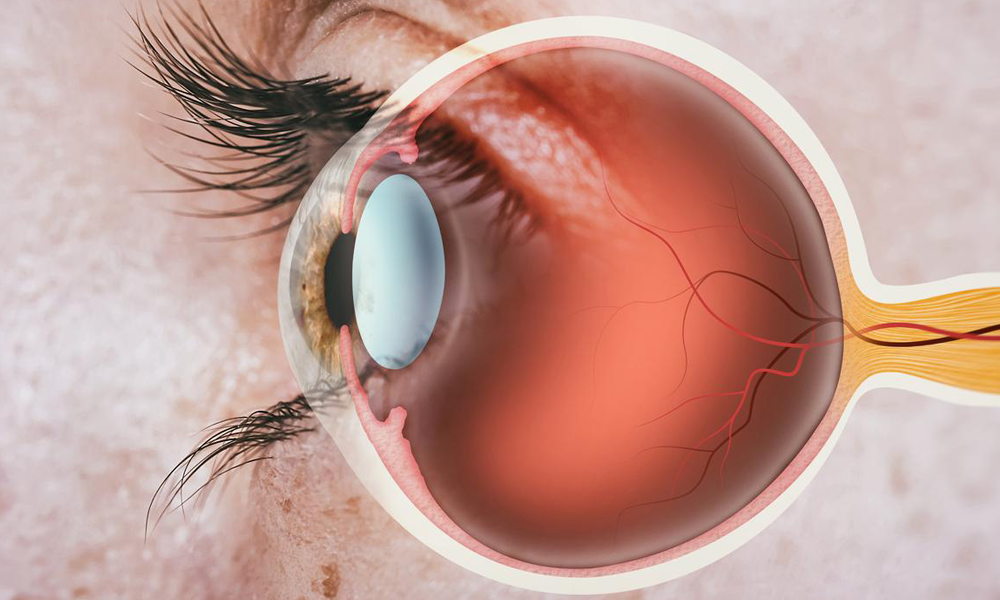-
Call Us
+91 91759 73201 -
Email Us
drchetanjaykar@gmail.com -
Time
Mon To Sat (Sun Close)
10:00 AM - 02:00 PM 05:00 PM - 08:30 PM

Retina services are specialized eye care services that focus on the diagnosis and treatment of conditions that affect the retina, a thin layer of tissue at the back of the eye that is responsible for sending visual signals to the brain. The retina is essential for good vision, and any damage or disease that affects it can significantly impact a person's vision.
Retina services are typically provided by ophthalmologists who have specialized training in diseases and conditions of the retina. Some of the common conditions that retina services can diagnose and treat include:
Retina services typically involve a comprehensive eye exam that includes a detailed evaluation of the retina using specialized equipment such as a retinal camera or optical coherence tomography (OCT) machine. The ophthalmologist may also perform tests to check the patient's visual acuity and visual field.
Treatment options for retinal conditions vary depending on the specific condition and the severity of the damage. Some treatments may include medication, laser therapy, or surgery. In some cases, treatment may not be able to restore vision completely, but it can help slow or stop the progression of the condition and preserve whatever vision remains.
Overall, retina services are an essential part of eye care for people who have retinal conditions. By working with a skilled ophthalmologist and following the recommended treatment plan, patients can help preserve their vision and maintain their quality of life.
Copyright @ Jaykar Eye Clinic 2023. All rights reserved